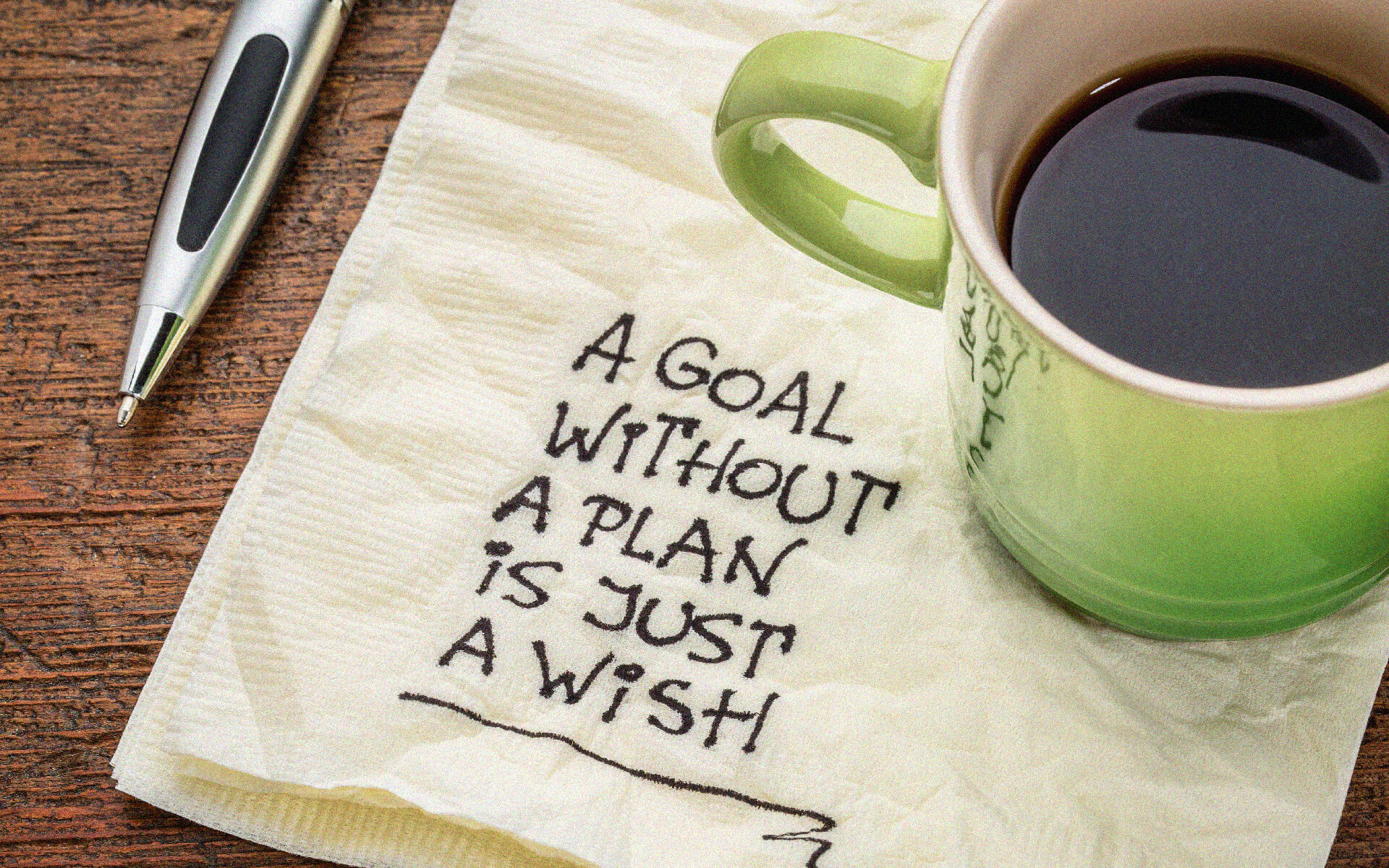Nobody knows what 2021 will bring, but the real question is what you can bring to 2021
When faced with a crisis, as became clear in 2020, we quickly run out of words and start repeating ourselves.
“Unprecedented times”, “extraordinary circumstances”, “new normal”. So overused were they, that their inclusion in an email could mean immediate deletion.
This isn’t an email, but to use another tired phrase: “If there’s one thing 2020 has taught us…”
Before I get there, remember the hard lockdown, when we were only allowed out to stretch our legs for a few hours in the morning? We were so bored that banana bread trended on Twitter.
The media told us how Shakespeare, Newton, and other great minds had accomplished amazing things while in lockdown. With time stretched out before us, we made grand plans to finish writing our novel/learn a new language/lose weight.
I can’t find stats on how many modern-day Shakespeares emerged, or how many Newton-like discoveries were made, but – spoiler alert – nothing that impressive happened in my house.
My most significant achievement was probably that I stayed home to flatten the curve. (Of Covid, not the type caused by banana bread).
Even when it seems you have all the time in the world, it’s possible to reach the end of the year and wonder where it all went.
Why, despite some aspects of life slowing down or coming to a halt, did I not achieve more?
It’s partly to do with how we view time. When we’re young, it seems to go very slowly. Remember that delicious feeling of starting your December holidays, knowing you only had to go back in six weeks?
The possibilities of what you could do with all that time felt limitless. When you’re older, six weeks go by in a flash.
One theory is that our perception of time is related to the number of new events we experience, and the amount of brainpower it takes to engage with them.
When we’re young, almost everything is new, and using so much brainpower makes time appear to go slower. When we’re older, familiar with most things, and in a routine, time seems to speed up.
I left school a decade or three ago, so I’m familiar with a fair number of events. March 2020 to now feels like no time at all.
It pains me to admit it, but my workplace practice of setting goals at the beginning of the year could be – gasp – beneficial at home.
I know from years of work experience that without those goals to guide me, being “busy” can consume a lot of time, while my working life’s equivalent of a Shakespearean play lies unfinished.
I’m not a new year’s resolutions kind of girl. If I haven’t lost weight/saved more money/written a Shakespearean play during the year, why would a declaration on the 1st of January propel me to do it?
It turns out I’ve misunderstood the term. The resolution is the grand plan, the big declaration. It doesn’t have to include details about how I plan to get there.
I need to think of the resolution as my vision, and my goals as the day-to-day steps I take to achieve it.
Who knows what 2021 has in store? Whether it’s more of the same, or back to whatever we viewed as normal, I’d prefer to reach the end of it knowing I’d done something meaningful, lucrative, or enjoyable. Perhaps even all three simultaneously.
I know now that a new year’s resolution like, “I’ll write more!”, coupled with goals for how many articles, which publications, and how much I plan to earn, could mean the difference between facing December with a sense of achievement or confusion, wondering where the time went.

Leave a Reply